Share
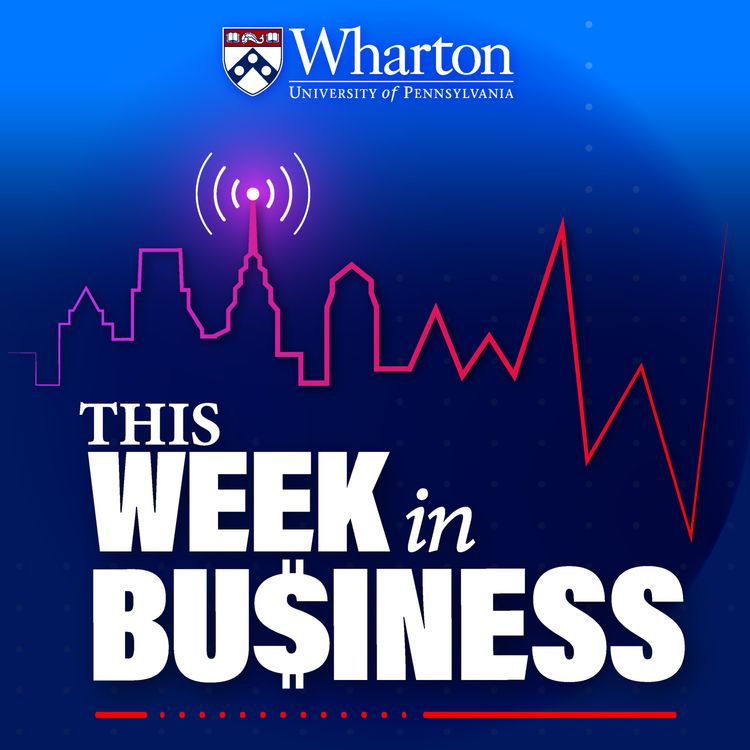
This Week in Business
Wharton Experts on The Great Recession, 10 Years Later - Part 1
Business Radio Special: The Great Recession: What's Changed in 10 years Part 1
On September 15, 2008, Lehman Brothers declared bankruptcy which sent the stock market tumbling. The problems that started in the US soon spread to Europe. Several European nations, including Greece, Italy, Portugal and Spain, faced austerity to deal with their debt, and still face issues today. Wharton Finance Professor, JOAO GOMES, and ERIK JONES, Director of European and Eurasian Studies, Johns Hopkins University School of Advanced International Studies, join us to discuss how the European Union dealt with the recession and its lasting impact.
Then, Iceland was the textbook case of the global banking crisis. Back then, the three biggest banks in Iceland had assets that were 14 times the national economic output of the country. At the height of the crisis Iceland's debt was close to 100% of GDP. Today that number is 24.1%. We look at how the country recovered and the risks it still faces with PHILIP NICHOLAS, Wharton Professor of Social Responsibility in Business and Professor of Legal Studies in Business, and THORVALDUR GYLFASON, a University of Iceland Economics Professor.
Next, after Lehman Brothers collapsed and the stock market plunged, Congress passed a $700 billion bailout bill to save the US financial system. Corporations deemed "too big to fail" got help. President George W Bush and, after his inauguration in January. 2009, President Barack Obama worked with Congress on new regulations for financial institutions, including the Dodd-Frank Act. Wharton Legal Studies and Business Ethics professors PETER CONTI-BROWN and DAVID ZARING join us to discuss how the banks recovered from the recession and where things stand now with regulations.
Finally, one of the most significant parts of the financial crisis in the US was the housing bubble. Banks were making home loans often without down payments to people who couldn't afford them. When the bubble burst, millions ended up in foreclosure and various metropolitan areas around the country, like Las Vegas, Modesto and Fort Meyers, found themselves in dire economic times. Rules were changed to make it a lot more difficult to qualify for a mortgage, with more stringent requirements on down payments. We look at the housing crisis and how things look today with SUSAN WACHTER, Wharton Professor of Real Estate and Finance, and BENJAMIN KEYS, Wharton School Real Estate professor and Faculty Research Fellow at the National Bureau of Economic Research.
More episodes
View all episodes
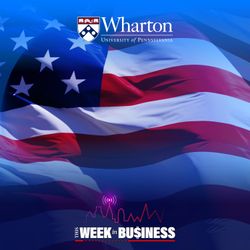
How Geopolitics Is Hitting Local Gas Stations
12:36|Serguei Netessine, Wharton Professor of Operations, Information and Decisions, discusses how U.S. sanctions on Lukoil are disrupting franchise agreements, banking relationships, and customer perceptions for locally operated gas stations in New York, New Jersey, and Pennsylvania.
Why Hiring Has Slowed Without Mass Layoffs
12:11|Peter Cappelli, Professor of Management and Director of the Center for Human Resources at The Wharton School, examines the cooling in white-collar job openings, the impact of investor-driven cost cutting, the concept of “AI washing,” and why economic uncertainty is keeping companies cautious about expanding their workforce.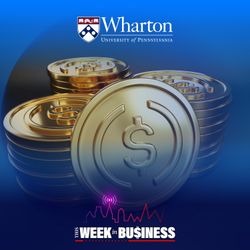
Stablecoins Explained: Bridging Digital Assets and Traditional Finance
10:56|Kevin Werbach, Wharton Professor of Legal Studies and Business Ethics, discusses the Stablecoin Toolkit and how clearer definitions, regulatory frameworks, and emerging use cases could position stablecoins as a bridge between digital assets and the traditional financial system.
Super Bowl Advertising Trends, Creative Strategy, and Brand Competition
12:19|Dr. Americus Reed, II, Wharton Professor of Marketing, breaks down the strengths, themes, and competitive dynamics of this year’s Super Bowl ads, including the role of nostalgia, humor, artificial intelligence, and long-term brand storytelling.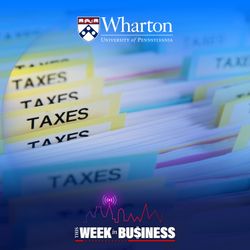
The Economic Reality Behind Billionaires Taxes and State Budgets
10:15|Kent Smetters, Faculty Director of the Penn Wharton Budget Model and Professor of Business Economics and Public Policy at the Wharton School, analyzes the origins of billionaire and wealth taxes, explains why they consistently underperform revenue expectations, and explores their economic distortions at both the state and national level.
How Advertising Could Reshape ChatGPT and Digital Marketing
13:00|Stefano Puntoni, Wharton Professor of Marketing and Co-Director of the Wharton Human-AI Research Program, discusses OpenAI’s move toward advertising, its implications for monetization, consumer experience, and the future of digital advertising.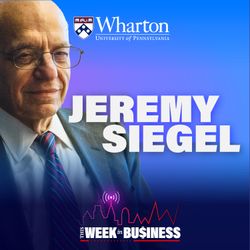
What the Fed’s Pause Signals for Economy and Markets
11:42|Jeremy Siegel, Wharton Emeritus Professor of Finance and Senior Economist at WisdomTree, analyzes the Federal Reserve’s decision to hold rates, the significance of dissenting votes, the outlook for future cuts, shifting market leadership, and how AI-driven productivity may shape the economy and labor markets heading into 2026.
Why Interest Rates Can’t Fix Deeper Economic Problems
11:21|Patrick T. Harker, former President of the Federal Reserve Bank of Philadelphia and current Wharton Professor of Operations, Information, and Decisions, draws on his experience to discuss why monetary policy has clear limits, the need for political follow-through on fiscal and workforce issues, and how investments in education, skilled trades, and digital innovation are essential for securing the nation’s long-term economic future.
Affordable Care Act Subsidies, Coverage Losses, and What Comes Next
10:37|Professor Emeritus of Healthcare Management at the Wharton School, Mark Vincent Pauly, analyzes the consequences of the Affordable Care Act’s enhanced subsidy expiration, its effects on insurance coverage and costs, and the potential implications of proposed reforms allowing individuals to choose plans using direct government funding.